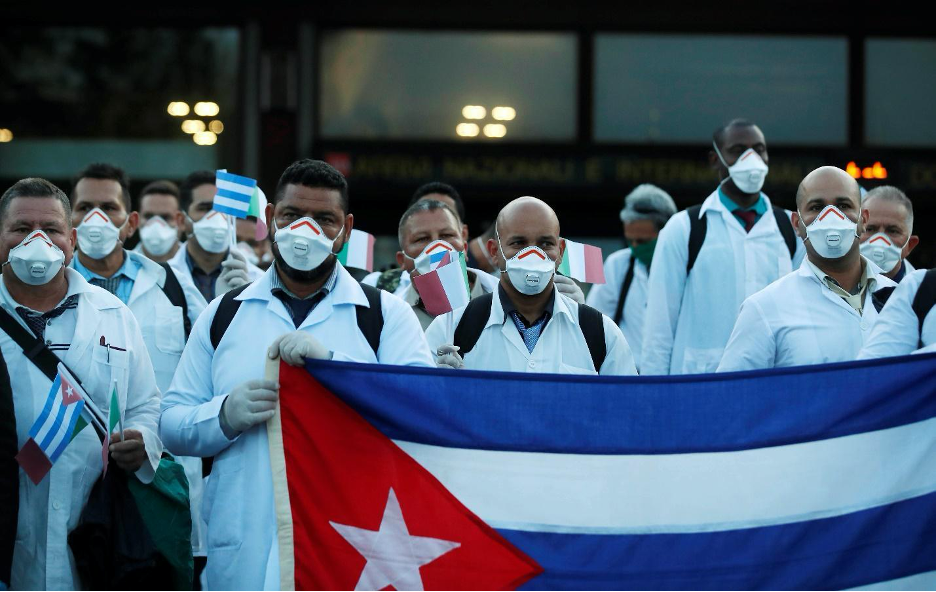
Opresión en casa, rechazo en el extranjero: cómo la ley de inmigración de los Estados Unidos decepciona el ejército de batas blancas de Cuba
October 31, 2020Archives . Authors . Blog News . Certified Review . Feature . Feature Img . Issue Spotters . Policy/Contributor Blogs . Recent Stories . Student Blogs Article(Fuente) Introducción Desde febrero de 2020, más de 200,000 personas solo en los Estados Unidos han muerto con COVID-19. Los expertos estiman que más de un millón de personas han muerto con el virus en todo el mundo y, según la Organización Mundial de la Salud, una de cada diez en todo el mundo puede

Oppression at Home, Rejection Abroad: How U.S. Immigration Law Disappoints Cuba’s White Coat Army
October 31, 2020Archives . Authors . Blog News . Certified Review . Feature . Feature Img . Issue Spotters . Policy/Contributor Blogs . Recent Stories . Student Blogs Article(Source) Introduction Since February of 2020, more than 200,000 people in the United States alone have died with COVID-19. Experts estimate over a million people have died with the virus worldwide and according to the World Health Organization, one in ten worldwide may have contracted the virus at some point. As the U.S. and the
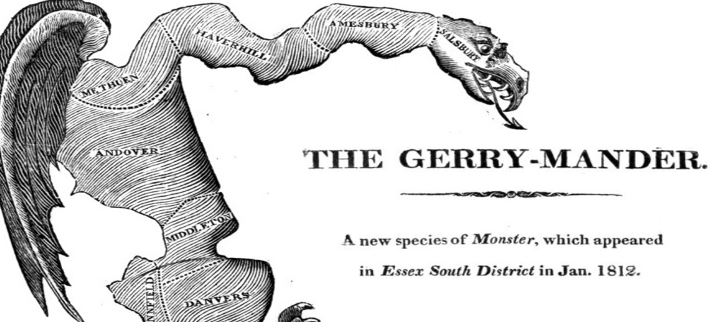
One Person, No Vote: How Gerrymandering Will Steal Our Elections if We Don’t Stop It
October 30, 2020Archives . Authors . Blog News . Certified Review . Feature . Feature Img . Issue Spotters . Note Adaptation . Notes . Policy/Contributor Blogs . Recent Stories . Student Blogs Article(Source) “I propose that we draw the maps to give a partisan advantage to 10 Republicans and 3 Democrats… I think electing Republicans is better than electing Democrats… so I drew this map to help foster what I think is better for the country.” This is an actual, real-life statement made by Representative David
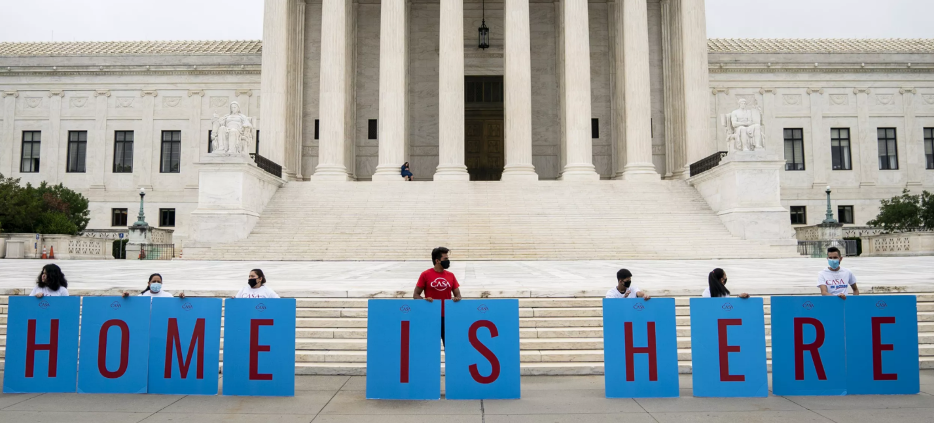
The Cost of Congress Kicking the Can on DACA
October 26, 2020Archives . Authors . Blog News . Certified Review . Feature . Feature Img . Policy/Contributor Blogs . Recent Stories . Student Blogs Article(Source) In 2012, the U.S. Secretary of Homeland Security established Deferred Action for Childhood Arrivals (“DACA”) in an attempt to address the issue of deporting immigrants who were brought to the U.S. as children, never received legal status, and have lived continuously in the U.S. since 2007. Since its implementation, around 800,000 individuals have
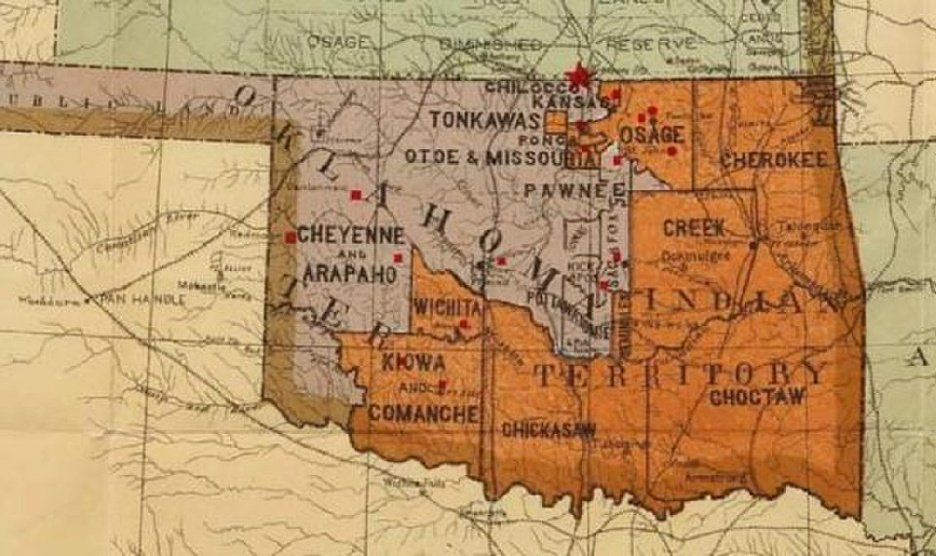
Native Nations & Rural America: An Unlikely Partnership?
October 23, 2020Archives . Authors . Blog News . Certified Review . Feature . Feature Img . Issue Spotters . Policy/Contributor Blogs . Recent Stories . Student Blogs Article(Source) Introduction In the wake of McGirt v. Oklahoma, Tribes across America celebrate the Supreme Court’s reaffirmation of tribal sovereignty and self-governance. In the landmark case, the Court held that the Muscogee Creek reservation had not been disestablished and that criminal jurisdiction remained with the Tribe and the federal government – not the state. This
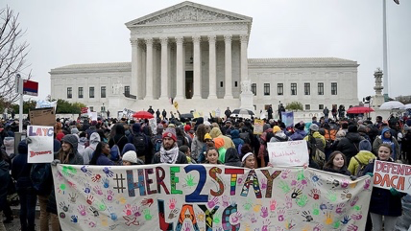
Setting the Course for the Supreme Court: What to Do About the Court’s Politicization
October 19, 2020Archives . Authors . Blog News . Certified Review . Feature . Feature Img . Issue Spotters . Policy/Contributor Blogs . Recent Stories . Student Blogs Article(Source) Justice Ruth Bader Ginsburg, a liberal icon, died on September 18, 2020, and the Supreme Court holds the national spotlight as Trump and the Senate prepare to appoint conservative Amy Coney Barrett to the Court. The public reacted immediately and intensely to Republicans’ decision to push a nominee through the Senate weeks before the

It’s Time to Break Up Big Tech
October 16, 2020Archives . Authors . Blog News . Certified Review . Feature . Feature Img . Issue Spotters . Notes . Policy/Contributor Blogs . Recent Stories . Student Blogs Article(Source) Introduction Amazon obtained a place in the popular psyche that has far surpassed its principal market function as an online retailer and entertainment provider. The conventional wisdom was that Amazon operated much like the major industrial powerhouses at the turn of the last century—standard oil, railroads, and steel—and thus warranted the same basic

Neither Snow nor Rain, but Political Interference: Voter Suppression and the USPS
October 12, 2020Archives . Authors . Blog News . Certified Review . Feature . Feature Img . Issue Spotters . Policy/Contributor Blogs . Recent Stories . Student Blogs . Uncategorized Article(Source) In a year of unprecedented events, among the most unexpected is Trump’s ongoing attempt to erode public faith in the United States Postal Service (“USPS”) and its ability to ensure a free and fair election through mail-in ballots. How exactly did we get here? Money Talks Congressional Republicans passed the Postal Accountability
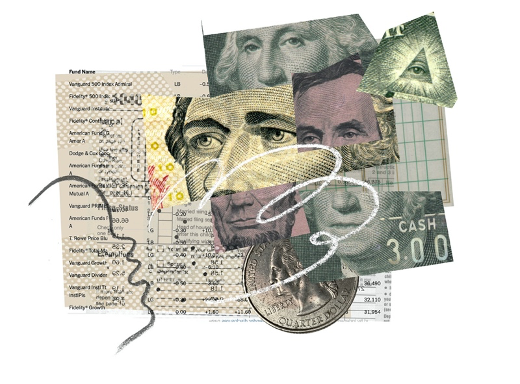
Chasin’ Carry: Assessing the IRS’ § 1061 Proposed Regulations
October 9, 2020Authors . Blog News . Certified Review . Feature . Issue Spotters . Policy/Contributor Blogs . Recent Stories . Student Blogs Article(Source) The world of private equity is fascinating. Larger-than-life firms pool immense amounts of capital from individual and institutional investors. Firms organize these pools into funds, secure leverage, and begin investing in, restructuring, and ultimately selling for profit, a variety of assets, like distressed businesses and real estate. In theory, numerous parties stand to
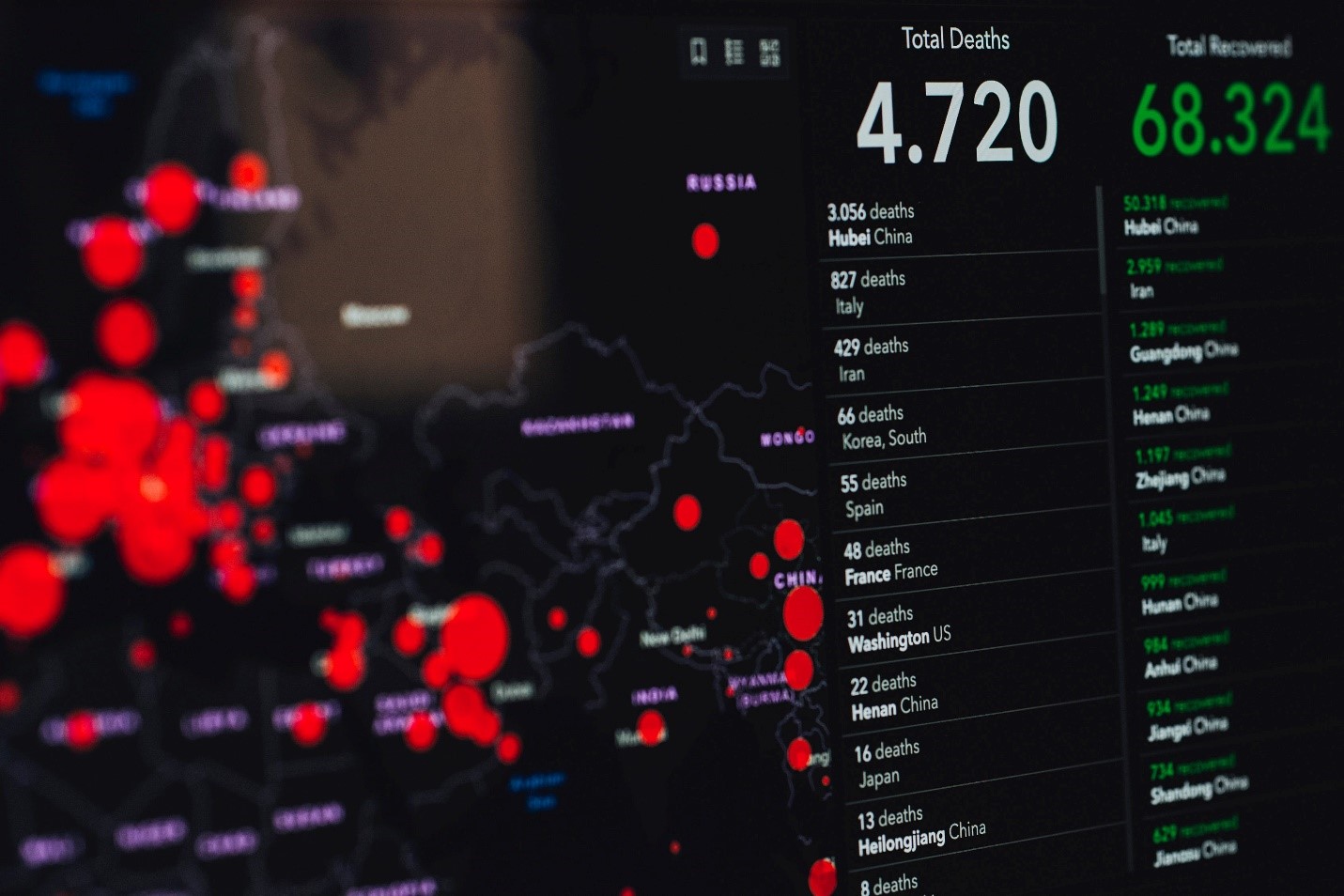
Sunshine Is Still the Best Disinfectant: How the Cornell First Amendment Clinic and the New York Times Fought to Access COVID-19 Demographic Data
September 18, 2020Archives . Authors . Blog News . Certified Review . Feature . Feature Img . Issue Spotters . Policy/Contributor Blogs . Recent Stories . Student Blogs Article(Source) As the coronavirus pandemic began to sweep through the United States in the spring of 2020, outbreaks in cities with significant Black and Latino communities led some to question whether communities of color might be at a heightened risk of both infection and death from COVID-19. As the Congressional Black Caucus (CBC) stated in